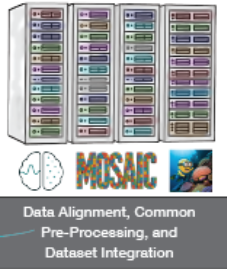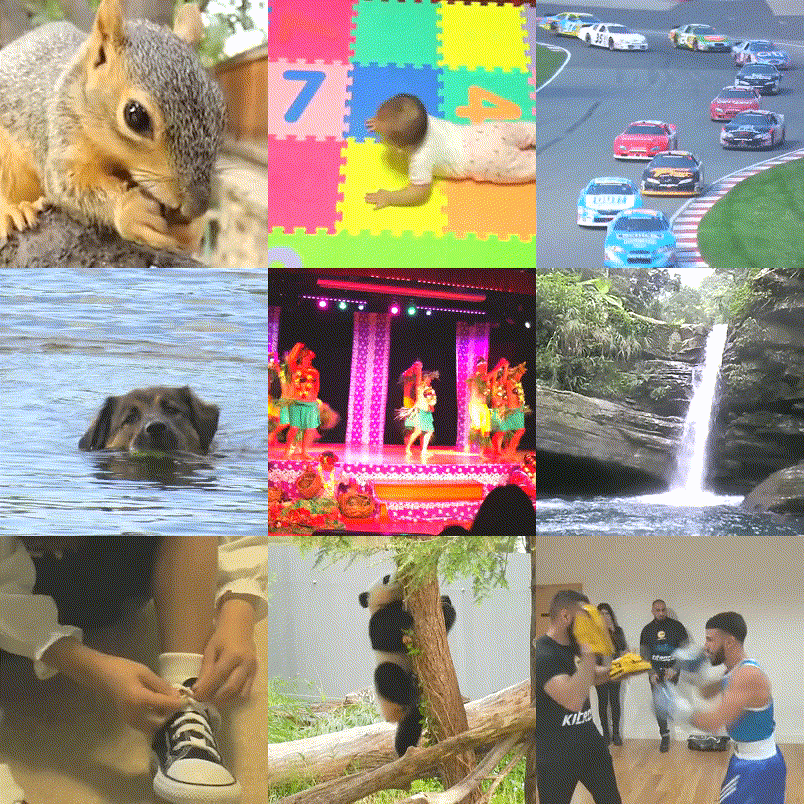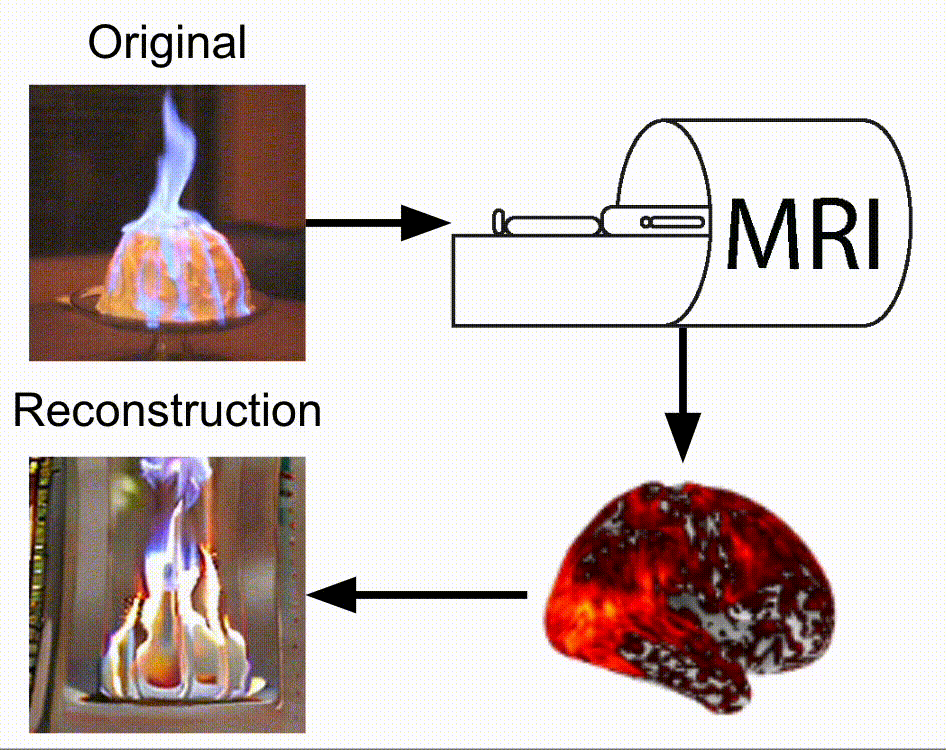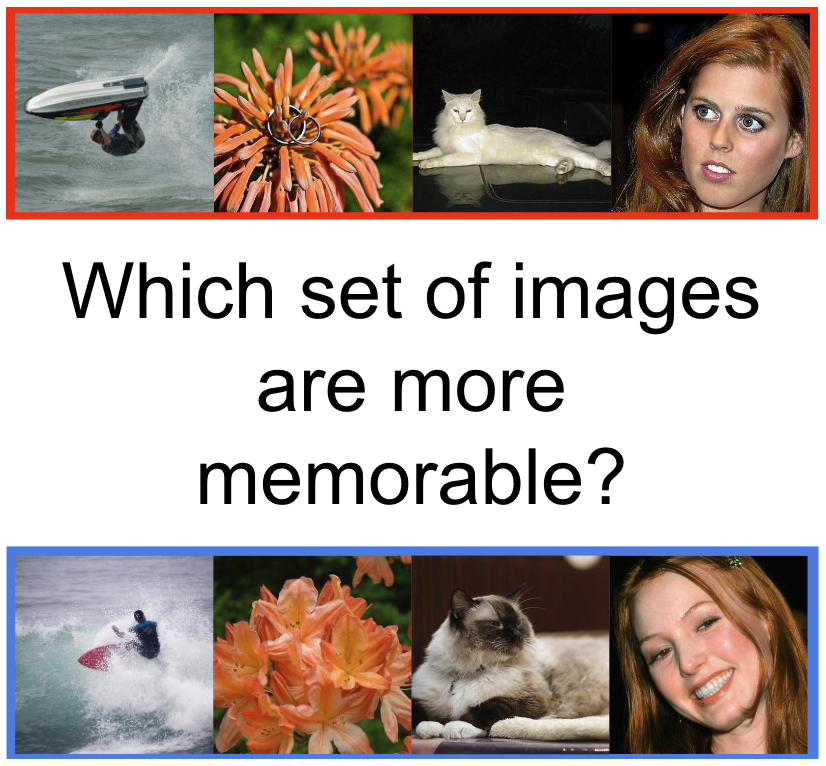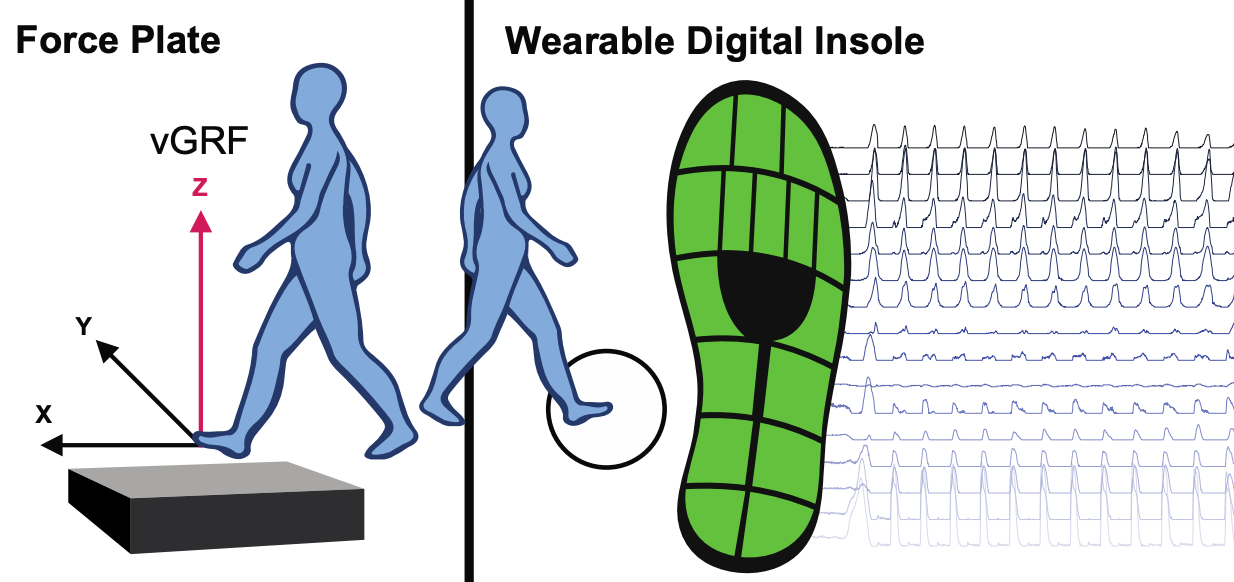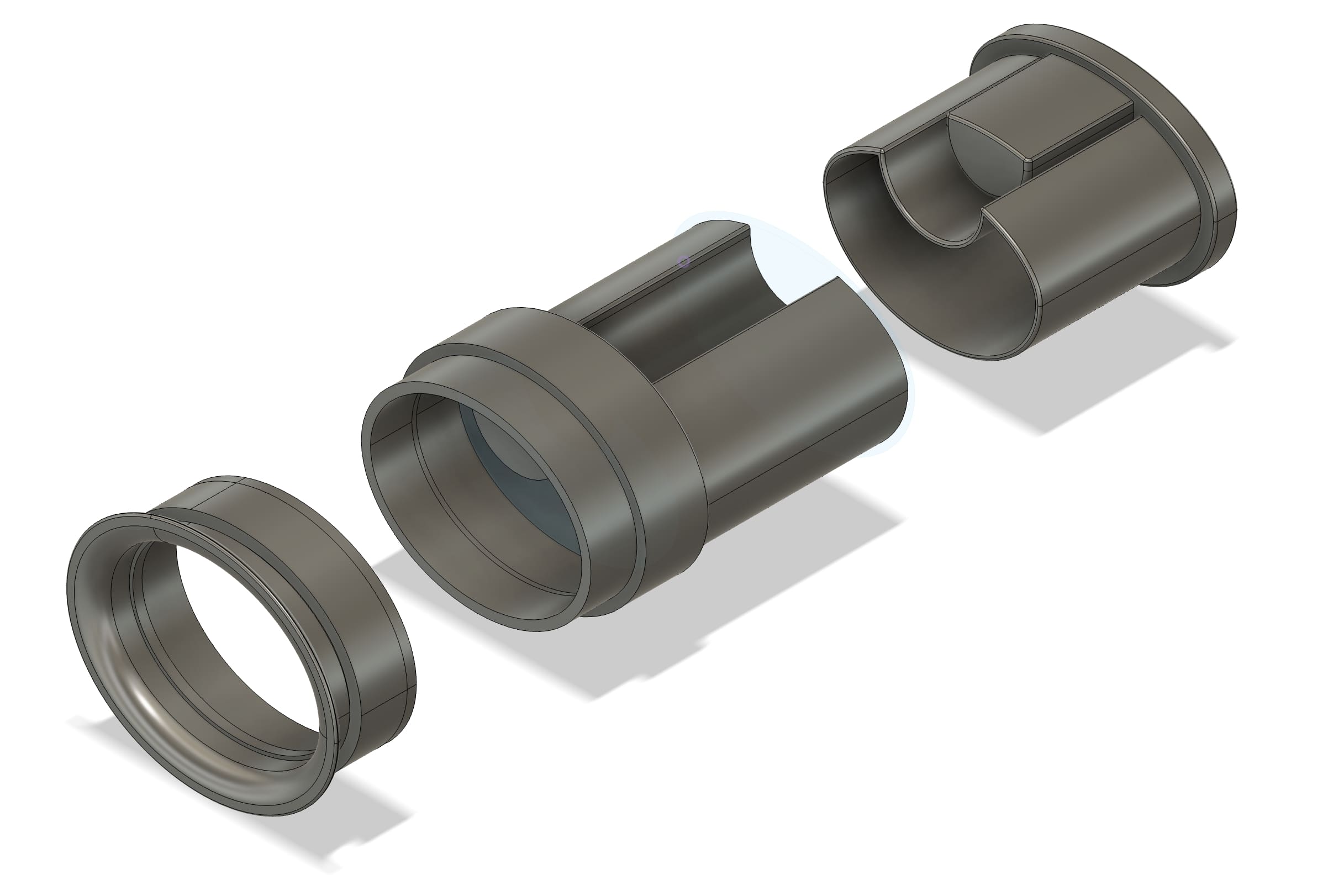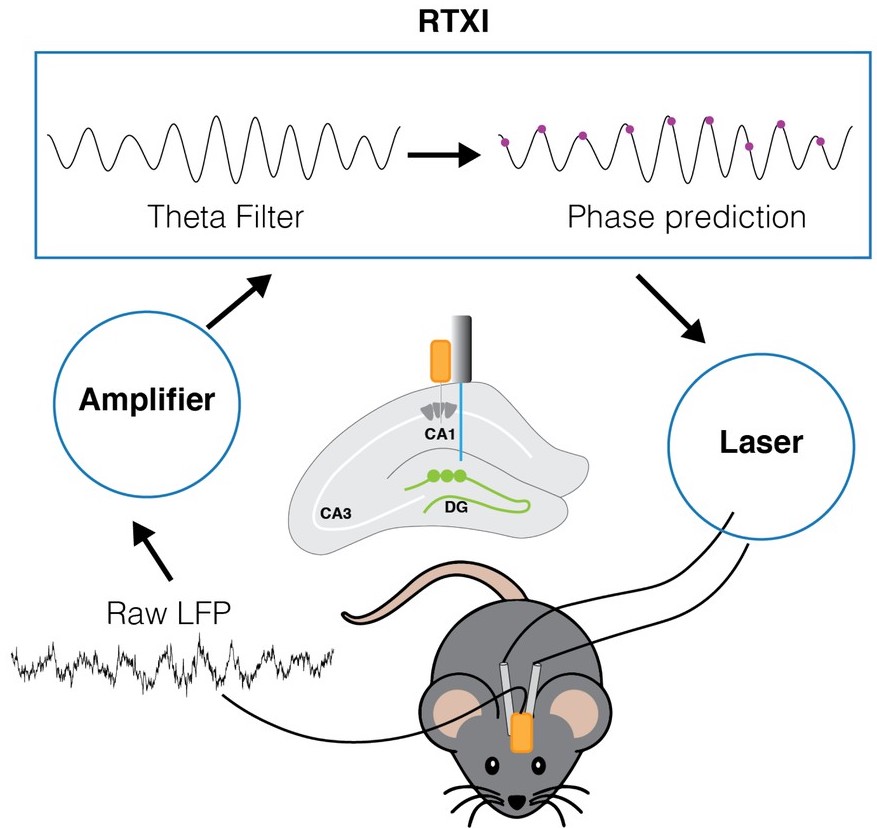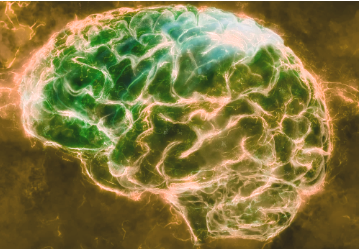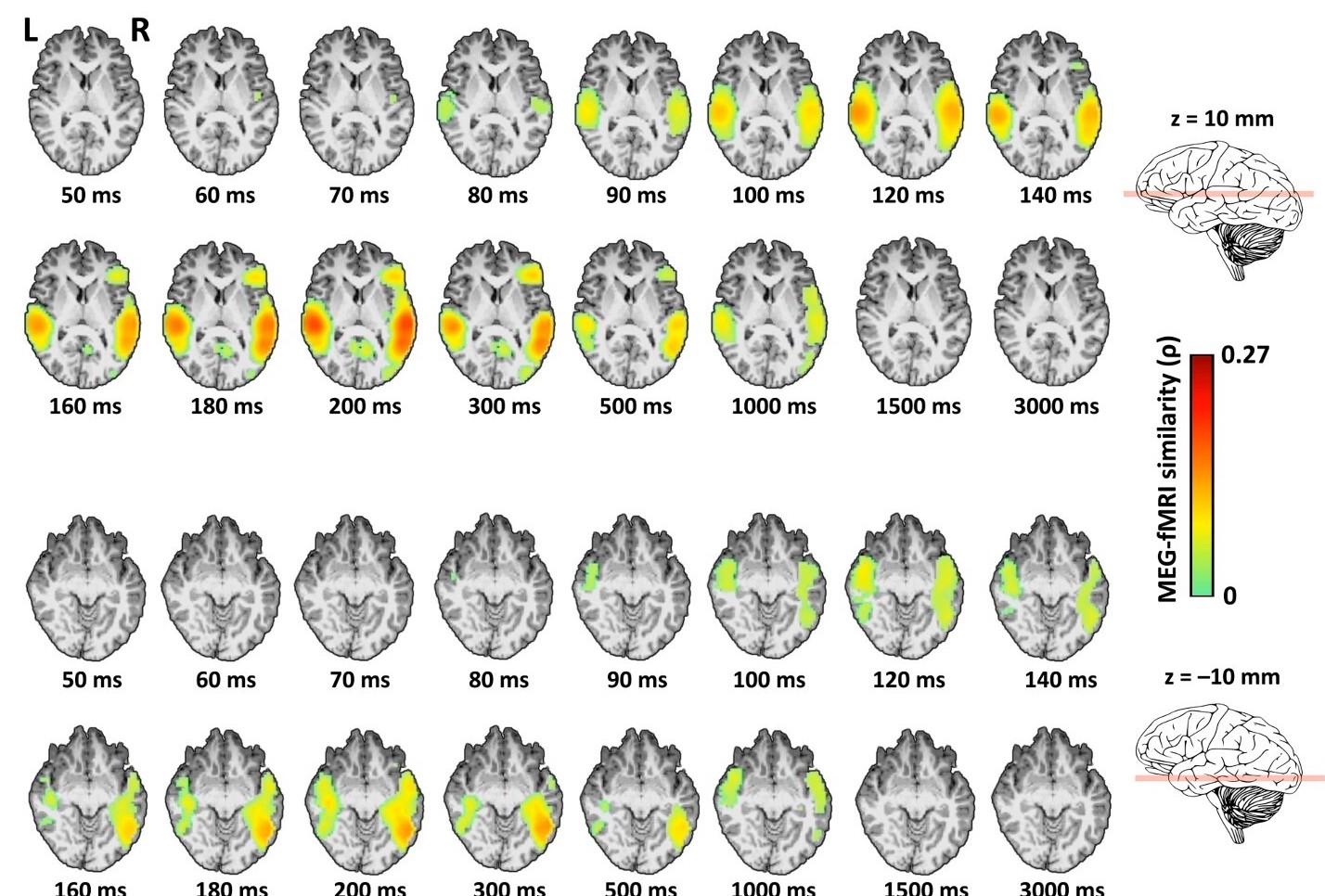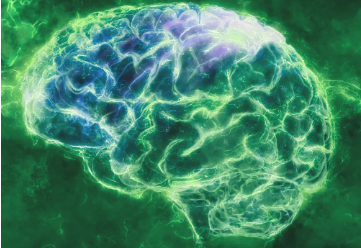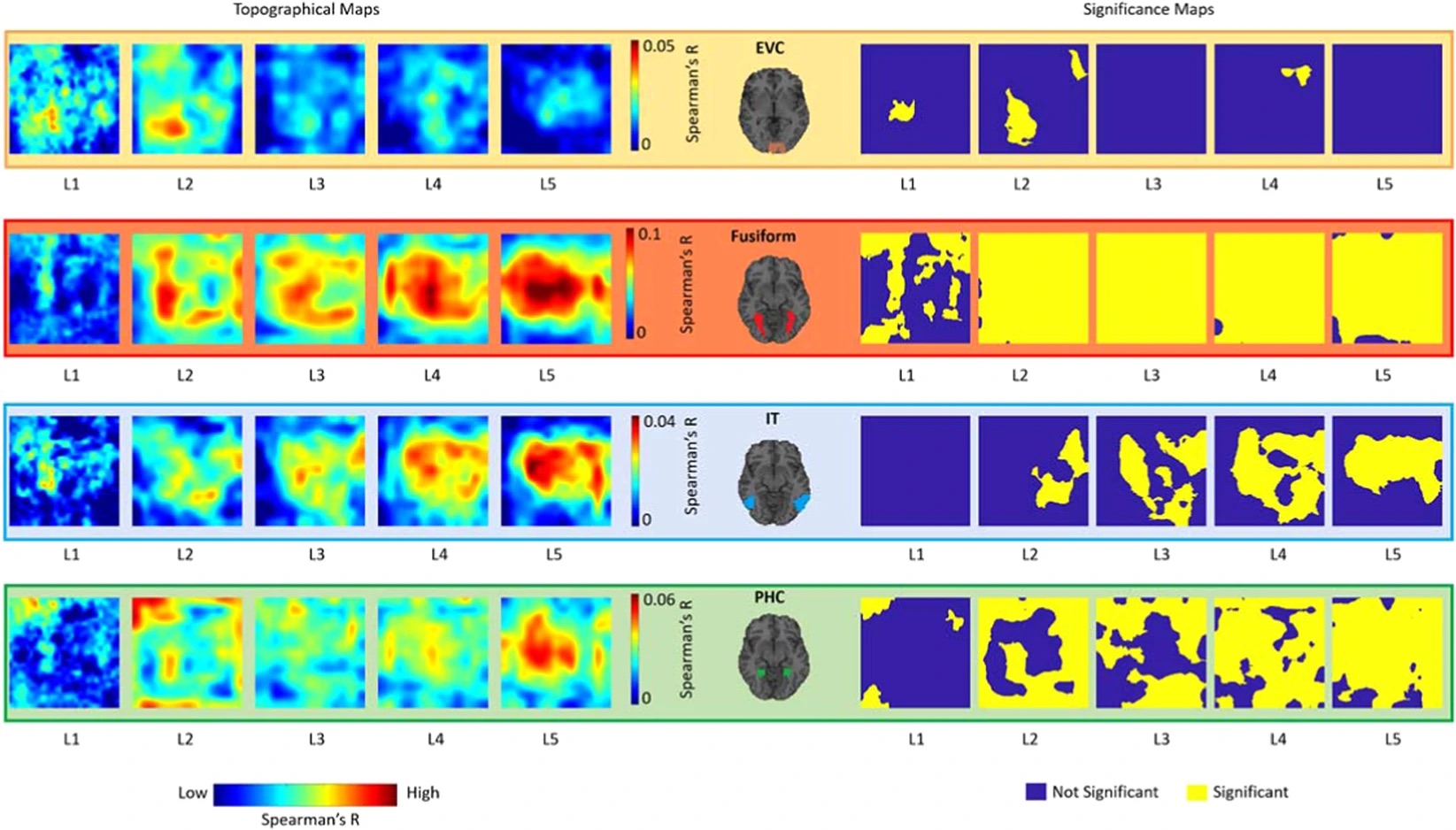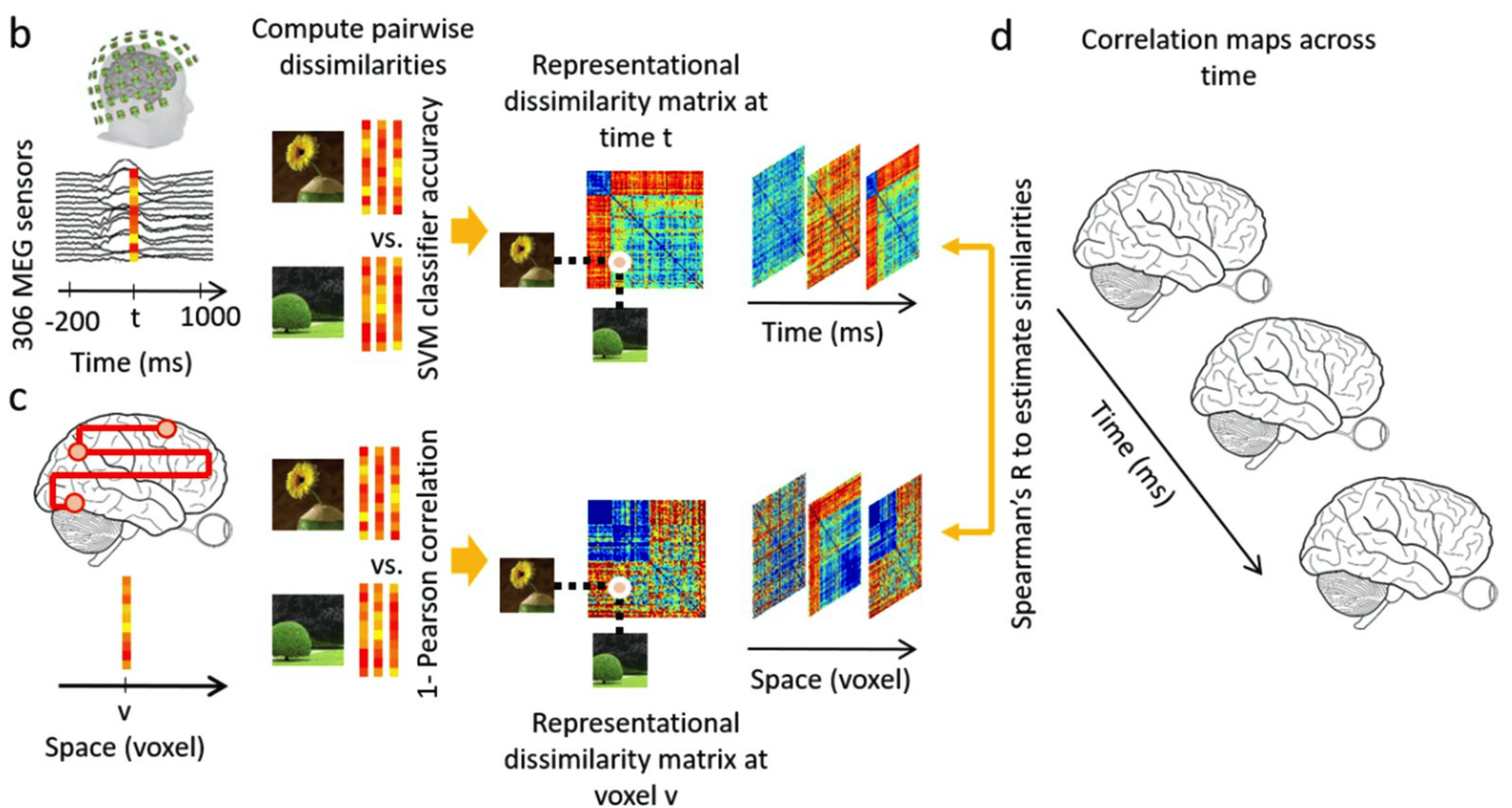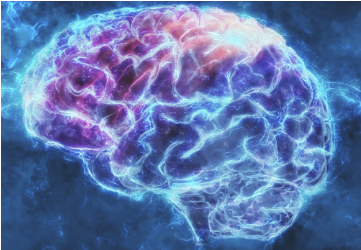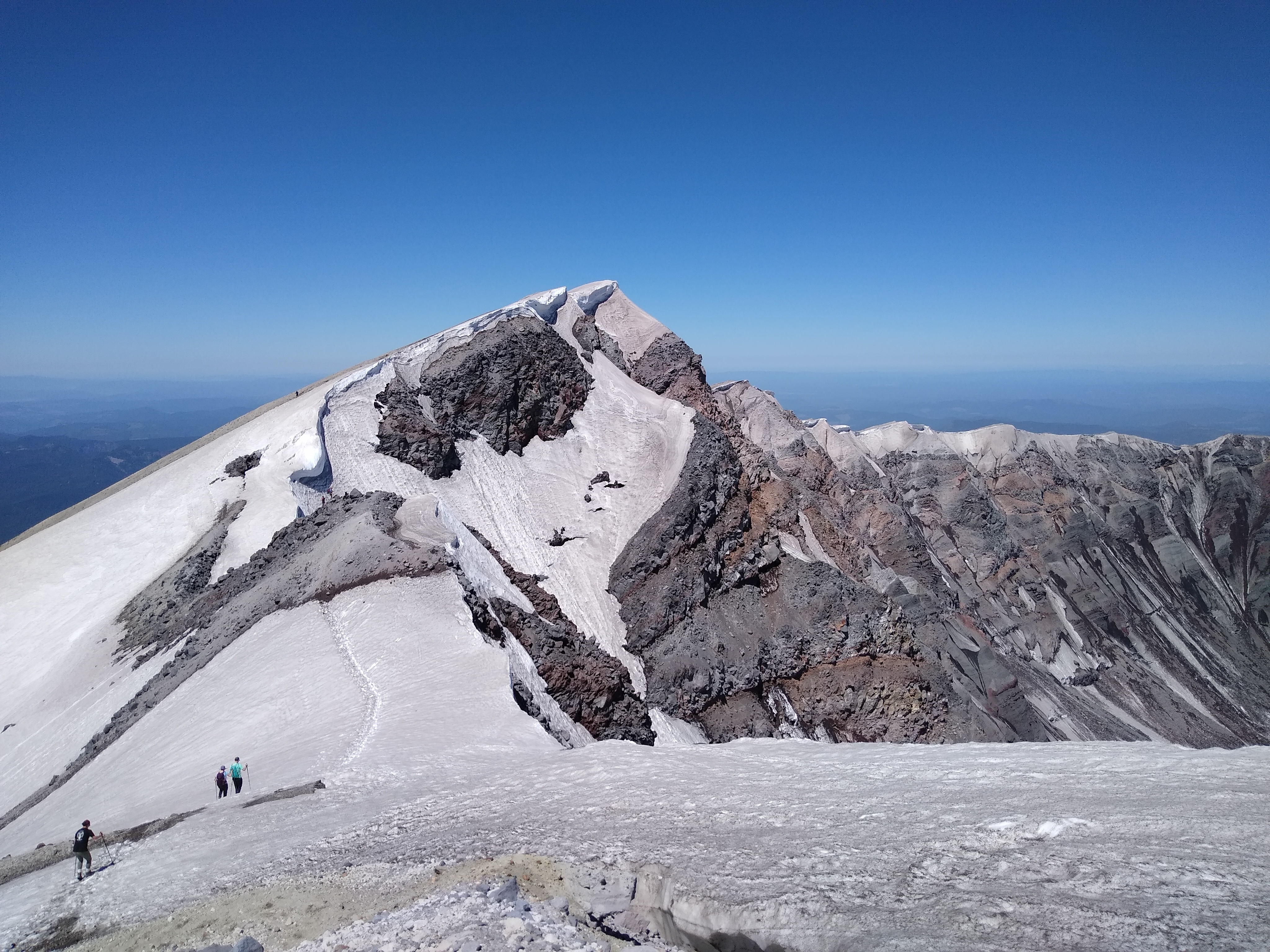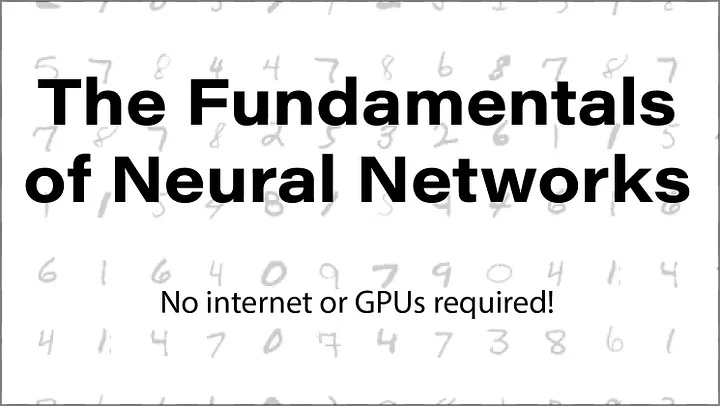I am a research scientist at The Enigma Project where I build and study models of the visual brain.
I have extensive experience in all stages of the NeuroAI pipeline, from experimental data collection to preprocessing to AI model training and publication.
I obtained my PhD studying computational neuroscience in MIT's Computer Science and Artificial Intelligence Lab
(CSAIL), where I was advised by Aude Oliva.
I have also have industry experience applying my AI skills at
Regeneron Pharmaceuticals,
Microsoft, and Amazon.
Prior to joining MIT, I graduated from Boston University with a B.S. in biomedical engineering. During my undergrad years I was first introduced to research through Professor Robert Reinhart and Professor John White.
Prior to joining MIT, I graduated from Boston University with a B.S. in biomedical engineering. During my undergrad years I was first introduced to research through Professor Robert Reinhart and Professor John White.
2025
bioRxiv, 2025
Paper | Project page | Code | Dataset Repository
NeurIPS Foundation Models for Brain and Body and Data on the Brain and Mind workshops, 2025
Paper | Project page
2024
Nature Communications, 2024
Paper | Project page | Dataset Repository
European Conference on Computer Vision (ECCV), 2024
Paper | Project page
PLOS Biology, 2024
Paper | Project page | Repository | MIT news
eLife, 2024
Paper
Human Factors in Healthcare, 2024
Patent Pending
Paper | Repository
2023
eLife, 2023
Paper
arXiv, 2023
Paper | Project page
2022
Cognitive Neuropsychology, 2022
Paper | Project page | Fusion video
2021
arXiv, 2021
Paper | Project page
2020
Scientific Reports, 2020
Paper | Project page (under construction)
2019
Vision, 2019
Paper | Project page | Fusion video
arXiv, 2019
Paper | Project page
-
A Systematic Comparison of fMRI-to-video Reconstruction Techniques.
Camilo Fosco*, Benjamin Lahner*, Bowen Pan, Alex Andonian, Emilie Josephs, Alex Lascelles, and Aude Oliva.
International Conference on Machine Learning (ICML), Vienna, Austria (2024) -
A mechanical device for precise self-administration of ocular drugs.
Jesse George-Akpenyi*, Benjamin Lahner*, Seung Hyeon Shim*, Carly Smith*, Nakul Singh, Matt Murphy, Leroy Sibanda, Giovanni Traverso, and Nevan C. Hanumara.
Human Factors and Ergonomics Society Student Conference, Cambridge, MA (2024) (oral) -
The Emergence of Early Sound Categorical Responses in the Human Brain.
Benjamin Lahner, Santani Teng, Matthew X. Lowe, Ian Charest, Aude Oliva, Yalda Mohsenzadeh.
NeurIPS SVRHM Workshop, Vancouver, Canada (2019)
-
Education Volunteer, The Educational Justice Institute (TEJI) at MIT
I teach MIT computer programming courses to inmates. They learn foundational computer skills that will be essential in their day-to-day lives, continued education, or even careers in tech.
See the Fundamentals of Neural Networks tutorial I developed with this population in mind. -
Mentor, Project Short
I mentor one prospective graduate student per application cycle through the graduate school application process. I assist with SOPs, mock interviews, networking, and any general advice.
-
MIT Open Data Competition - Honorable Mention (2022)
The competition highlights open and publicly accessible data with a large potential for scientific impact. My submission of our large-scale fMRI dataset of video event understanding (Algonauts 2021, see above) won runner up against over 70 submissions across all of MIT. -
EECS MathWorks Fellowship (2022)
Full graduate student financial support for an academic year awarded to select MIT EECS graduate students using MATLAB to further novel and impactful scientific research. -
Best Biomedical Engineering Senior Design Project (2019)
Awarded best biomedical engineering senior design project out of 42 other projects by Boston University engineering faculty. The project delivered a low-latency (~20ms) algorithm to manipulate a mouse's neural signals in real-time. This project resulted in a publication in eLife.


